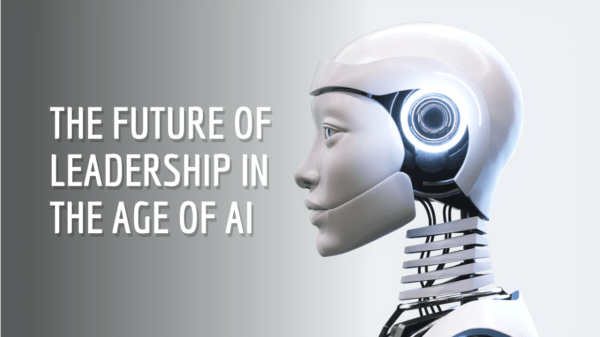Two-thirds of adults in the United States who do not have a four-year college degree struggle to get good jobs. New-collar or middle-skill jobs require workers to have a skill set which allows employers to look over traditional hiring aspects like college degrees and work history.
“We desperately need to revive a second route to the middle class for people without four-year college degrees, as manufacturing once was,” said Robert Reich, a labor secretary in the Clinton administration who is now a professor at the University of California, Berkeley. “We have to move toward a system that works.”
The skills-based concept received a corporate endorsement from Microsoft giving $25 million to Skillful, a program to foster skills-oriented hiring, training and education. The money will be used to expand the program into more states other than just Colorado where the program was started. “We need new approaches, or we’re going to leave more and more people behind in our economy,” said Brad Smith, president of Microsoft.
The skills-based approach has shown positive results in the technology industry, which may provide a model for other industries. The success of the technology industry in this approach is due to computing skills being well defined and codes are either a success or failure and can be tested. The demand for tech skills is also on the rise.
One company that trains workers and helps them find jobs is TechHire. Since its creation in 2015, TechHire has grown to 72 communities, 237 training organizations, 1,300 employers, and has placed more than 4,000 workers in jobs. TechHire’s mission is to do away with “the cultural hegemony of the bachelor’s degree,” said Byron Auguste, president of Opportunity@Work.
The program TechHire offers is six months of training in software programming that included working with a company while being paid $400 a week. For many adults without college degrees who are stuck working minimum wage jobs, $400 a week is not much less than what they make already, making the program appealing. Applicants go through an online screening test and an interview before being accepted into the program.
Many Americans have felt like technological advances have been taking away jobs, for example, fast food restaurants are not replacing cashiers with machines. Zoe Baird, chief executive of the Markle Foundation, counters this notion, “we’re trying to use the very forces that are disrupting the economy — technology and data — to drive a labor market that helps all Americans.” Skillful representatives work with community colleges and offer tips on job searches, résumé preparation, financial support, networking, and available state grants.
In the last two years, IBM’s has been increasing the number of people that they hire who do not four year college degrees. IBM has turned to local community college to create a curriculum and courses aligned with the company’s hiring needs. This labor group, if they living far from urban areas, meet IBM’s needs without the company having to pay higher wages to workers to keep up with the cost of expensive urban living. “It makes sense for our business, for the job candidates and for the communities,” said Sam Ladah, IBM’s vice president for talent.
Featured Image Via Wikimedia

















































